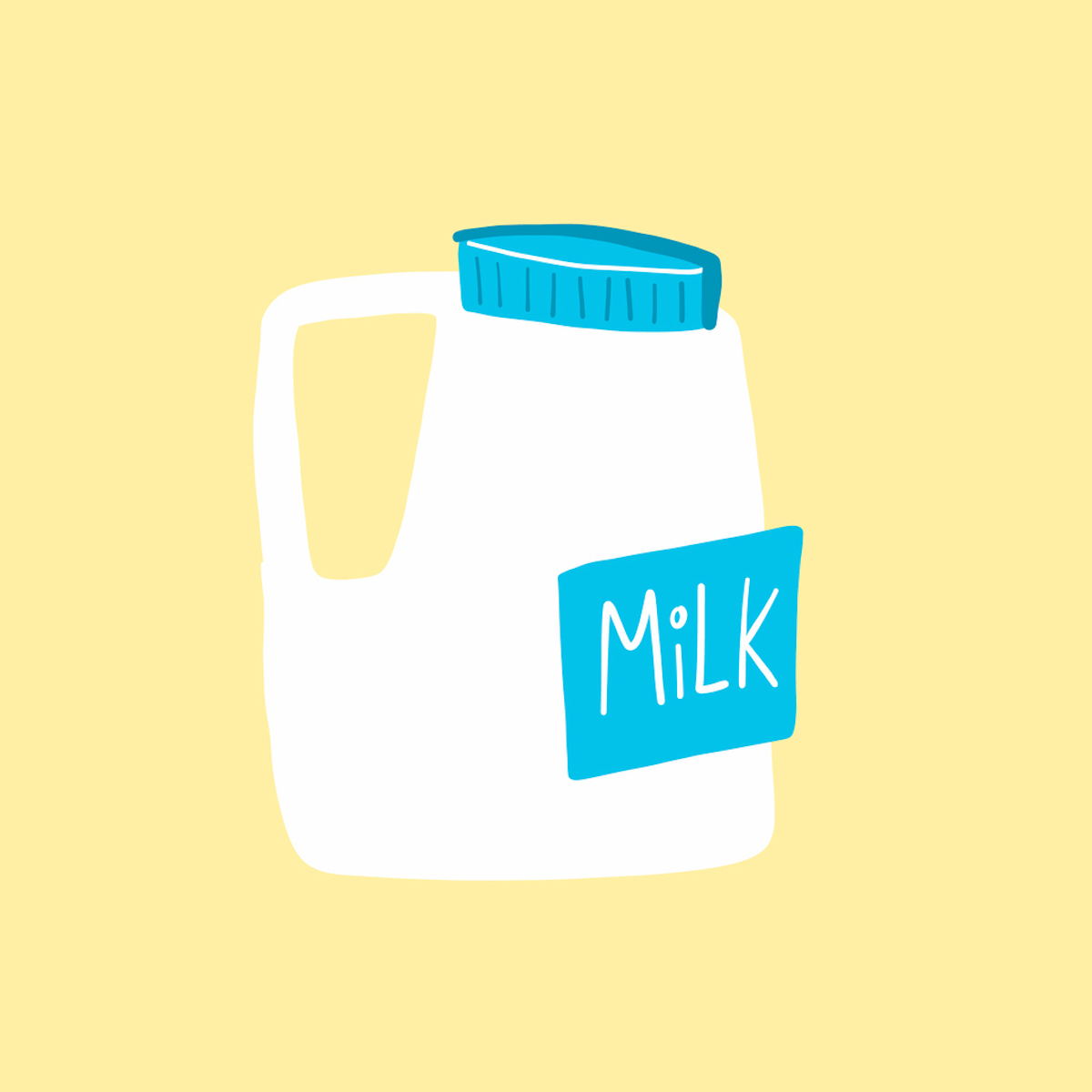The Global Start-up Ecosystem Report names the top 10 cities for innovative start-ups

Silicon Valley, New York, London, Tel Aviv and Jerusalem and Denver and Boulder have been named the world’s top five Agtech & New Food ecosystems in a report by research firm Startup Genome, in partnership with the Global Entrepreneurship Network (GSER).
The Global Start-up Ecosystem Report (GSER) Agtech & New Food edition scores cities according to their performance in the field, the availability of funding, start-up experience, knowledge, talent and focus.
The United States dominates the rankings, with Colorado (Denver/Boulder) vastly outperforming its overall position in the GSER 2021 ( then at number 27) – a reflection of its specialised knowledge and focus on the sector.
Both North America and Asia feature heavily in the top 25, with 48% and 20% respectively. Europe has four ecosystems in the top 25, Oceania two, and MENA has one. Tel Aviv and Jerusalem rank joint fourth, just behind the top spots: Silicon Valley, New York and London.
Many cities have jumped up the charts this year as they focus their innovation in this burgeoning sector. 2022 is becoming a revolutionary year for foodtech, which has exploded onto the menu with aplomb due to shifts in consumer behaviour, technological advances and demands for more sustainable produce and practice.
The World Bank estimates that the global food and agriculture industry is valued at over $8 trillion and makes up more than 10% of the global GDP, so there are huge opportunities for innovation and technology in these industries.
Jonathan Morris, a partner and co-leader of the food and agribusiness practice at the international law firm Bryan Cave Leighton Paisner, says: “The way in which the agtech and foodtech sectors are expanding is incredibly exciting. And with our current focus on food security, ESG and supply costs, we can expect increasing demand for technological innovation in these critical sectors”.
1. Silicon Valley
Silicon Valley takes the number one spot. There are a reported 400-plus foodtech start-ups in the Bay Area. With San Francisco being one of the most vegan-friendly cities in the US, many start-ups in the region work on offering plant-based proteins. They include: Impossible Foods, a food producer of plant-based meat products; JUST Egg, a manufacturer of plant-based egg substitutes, and Nobell Foods, which offers plant-based cheese. There is also Afresh, a Silicon Valley start-up that develops a supply chain platform for the fresh food market.
2. New York City
New York City is now home to over 250 foodtech start-ups including Good Catch, which develops vegan and plant-based seafood substitutes; SevenRooms is a provider of reservation & CRM software for restaurants, and Sakara Life, an internet first restaurant offering plant-based ready-to-eat meals.
3. London
There are over 350 foodtech start-ups in London. OLIO, the food-sharing app to reduce food wastage at home/businesses; Huel, which manufactures and markets meal replacement food products, and ORDR, a platform offering suite solution for restaurants are particular success stories.
4. Tel Aviv and Jerusalem
At joint fourth, Tel Aviv and Jerusalem were the only locations in the Middle East and North Africa region to score a spot in the list of 35 cities.
Tel Aviv Foodtech start-ups include Remilk, a developer of animal-free dairy, which raised $120 million – the second-largest investment raised by an Israeli food tech start-up and the single largest in a cow-free dairy company. Remilk recently revealed it will open the world’s largest precision fermentation facility for production of cow-free milk, in Denmark. And there are ones-to-watch agtech start-ups AgriTask, a provider of AI-based decision-making platform for managing agriculture operation, CropX, which uses wireless sensors for soil moisture monitoring, and Taranis, which uses drones for its AI-powered crop image analysis system.
Jerusalem is home to Future Meat Technologies, which marked the largest investment gain in the foodtech start-up industry in Israel so far when it raised $347 million.
5. Denver and Boulder
Also joint are Denver and Boulder in Colorado, USA, at number 5. Some of the most exciting foodtech start-ups here include Forkly, a mobile and web platform for restaurant discovery based on dishes, and success story, Tortuga Agtech, which creates robots that perform labour-intensive agricultural tasks and has raised $28.6 million to date. Boulder is home to Drovr, which specialises in providing livestock management solutions and agriculture solutions firm, Cloud Agronomics.
6. Los Angeles
At number six, Los Angeles is home to Leaf, the online platform offering farm data, online marketplace Greenstate Global, offering tech-enabled services to farming companies and Better Earth Agronomy, which provides soil testing solutions.
7. Boston
Boston counts Motif FoodWorks, a developer of alternative food ingredients among its foodtech start-ups, in addition to mobile app for a restaurant reservation, Seated, and Dexai Robotics, a robotic arm for automating activities in commercial kitchens and the food industry.
8. Beijing
Exciting start-ups in Beijing include online restaurant recommendation platform Kzhuo and Hao Chushi, a kind of Uber for cooks.
9. Vancouver
Vancouver’s agtech ecosystem is headlined by players like crop management platform Semios, which raised $100 million earlier this year, and crop data collection and analytics company Terramera. The city also serves as home to food-focused tech start-ups like meal kit company Fresh Prep, which closed a $21 million Series B round in September, and corporate catering firm Foodee, which was acquired by Sodexo.
10. USA’s Research Triangle
Also known as the Piedmont region of North Carolina, USA’s Research Triangle ranks higher in Agtech & New Food than overall – it tied at 36th in the GSER 2021, but is 10th in this sub-sector. An impressive example is biotech start-up, BIOMILQ, which produces human milk outside of the body and raised $21 million at Series A in October 2021.
Start-up Genome defined agtech as using technology in agriculture and related fields to increase yield, efficiency and profitability by monitoring and analysing weather, pests, soil and air temperature. New Food covers technology that can be used to boost efficiency and sustainability in designing, producing, choosing, delivering, and consuming food.








